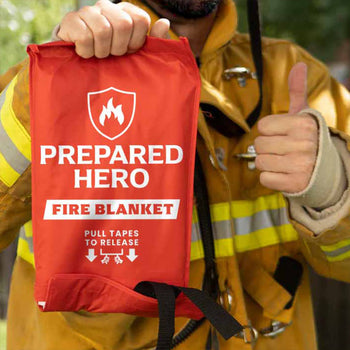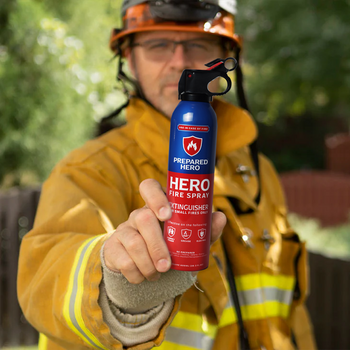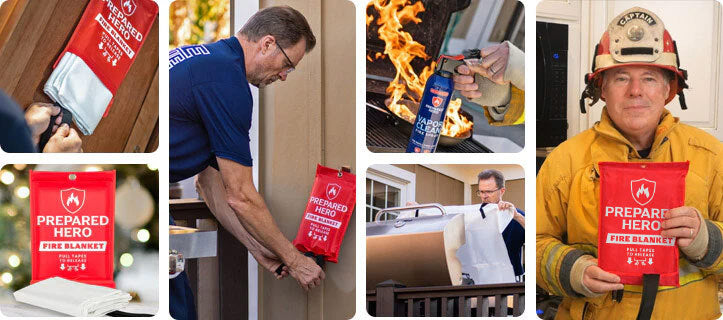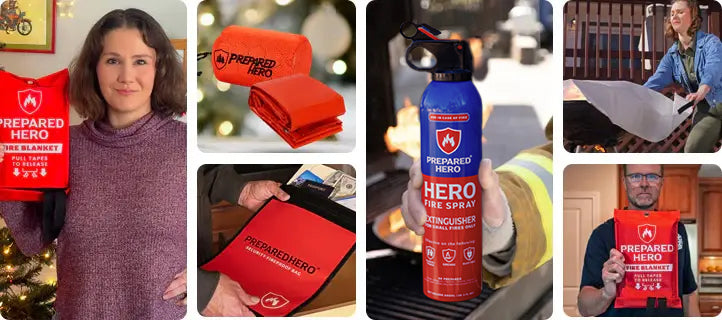Where you put your smoke detectors matters just as much as installing them. Proper placement makes sure they can detect...
Did you know? About 6,600 garage fires occur in homes each year, which lead to 400 injuries, 30 deaths, and $475 million in property loss.
Plus, garage fires can spread farther and cause more injuries and damage than fires in other areas of your house.
To help you prevent such damage, we’ve put together the best fire safety practices for garages and workshops.
Best Fire Safety Practices for Garages and Workshops
Garages and workshops contain many fire hazards, such as flammable liquids, electric tools, and wood. Protect your home and loved ones by following these fire safety practices for garages and workshops:
1. Keep it clean and organized.
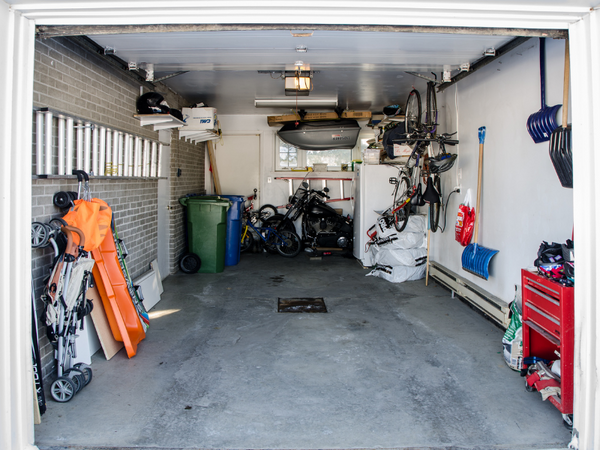
Your garage’s or workshop’s walkway must be free from clutter. Whether it’s a workbench, power tools, or sports equipment, keeping your space free from clutter can prevent fires.
In addition, your garage or workshop should be free from garbage and waste. Proper disposal could mean the difference between a small, easily extinguishable fire and a raging inferno.
You should also keep cloth, paper, wood, and other flammable materials away from heat sources.
2. Install fire safety equipment and tools.
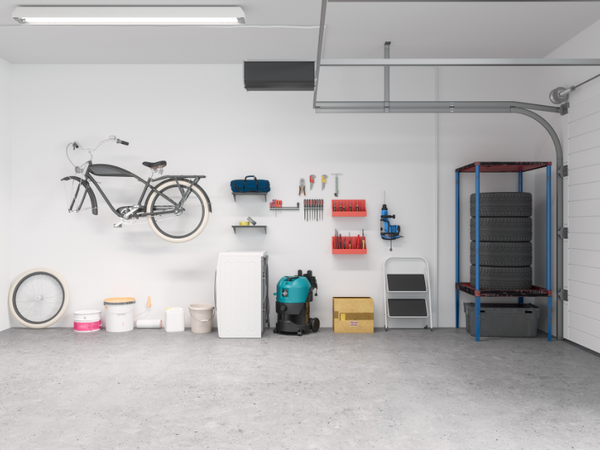
Place at least one fire alarm in your garage or workshop and regularly test if it works. You should also have a fire kit fitted with an emergency fire blanket, fire spray, fire protection gloves, and a smoke mask. You can go to Prepared Hero to check out these fire safety tools.
Putting out different types of fire calls for different approaches, so make sure you have access to the right tools and know how to use them. Check out how to use a fire blanket and a fire spray here.
3. Correctly store any chemicals.
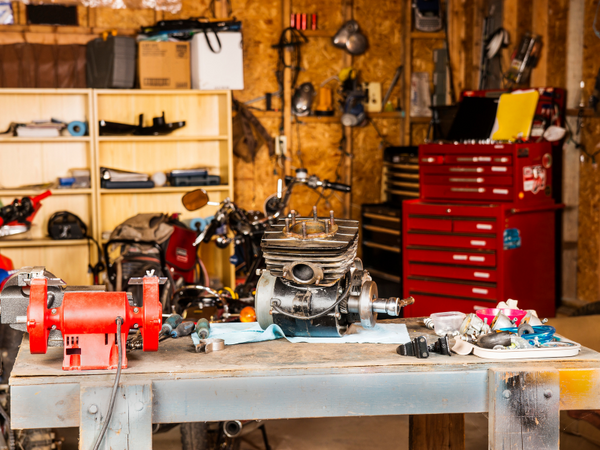
While people often overlook the fact that there are a lot of chemicals in workshops and garages, you shouldn’t.
While you don’t have industrial chemicals, smaller ones might exist in your garage or workshop. For instance, cleaning products contain chemicals that can start a fire. So, you must store anything with flammable chemicals in a cupboard and label them properly. By keeping these products in the right place, you reduce the risk of fire.
4. Ventilate your garage or workshop.
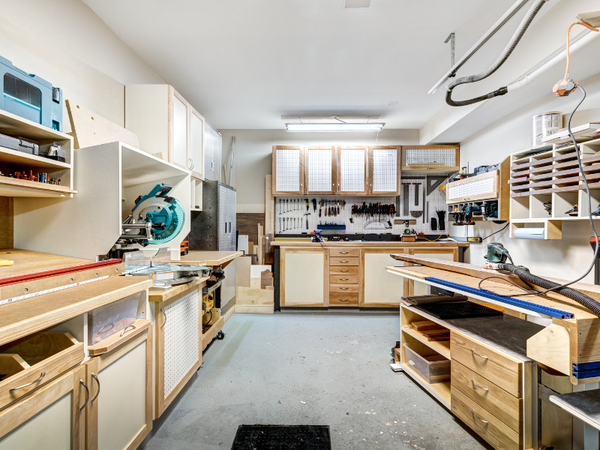
Ventilating your garage or workshop is crucial for preventing fires. So, consider installing an exhaust fan for continuous airflow.
Activities like welding, carpentry, and painting can release flammable particles into the air. Proper ventilation helps dilute and remove these vapors, decreasing the risk of fire. This is especially crucial for garages and workshops with flammable and electrical items.
5. Prevent kids and pets from entering the garage or workshop.
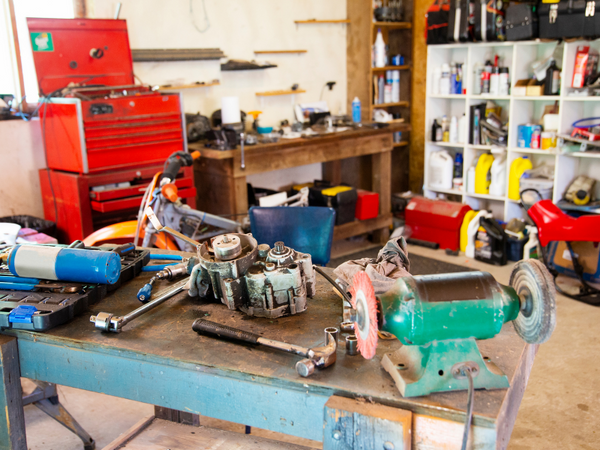
Children and pets are naturally curious, so they might enter your garage or workshop without your knowledge. Consider installing childproof locks on doors and storage cabinets. Pet gates also prevent your fur babies from entering your garage or workshop.
Conclusion
Garage fires are dangerous, but they can be prevented. Print or bookmark this guide to keep your home and loved ones safe. Stay prepared, hero!


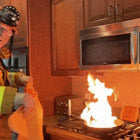 Fire
Fire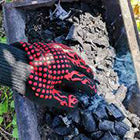 Safety
Safety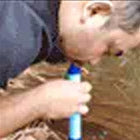 Survival
Survival Protection
Protection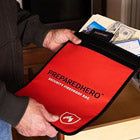 New
New
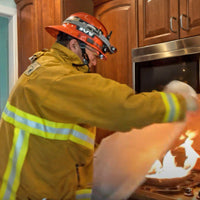 Fire
Fire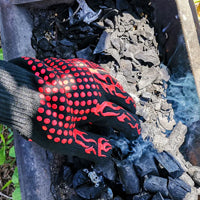 Safety
Safety Survival
Survival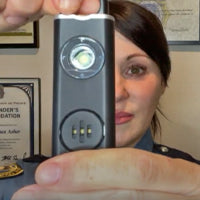 Protection
Protection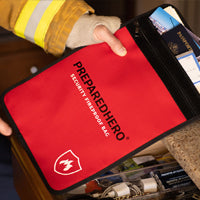 New
New
